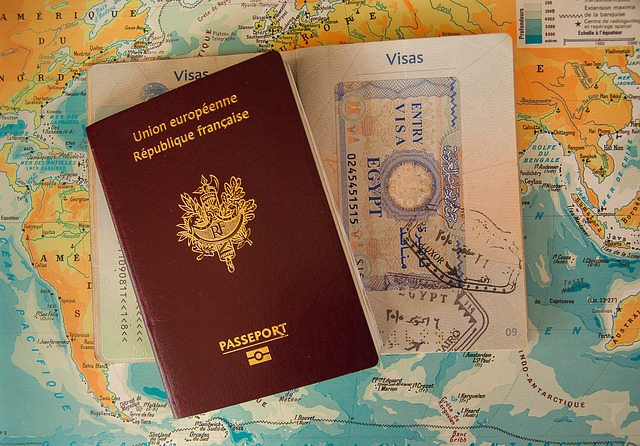How to get a student guardian visa?
The process for obtaining a student guardian visa can vary depending on the country you are planning to study in. However, in general, the following steps may be helpful:
Check the requirements: Research the visa requirements for the country where the student will be studying. Find out what documentation is needed and whether there are any specific eligibility criteria that must be met.

Apply for the visa: Once you have determined the visa requirements, apply for the visa by submitting the required documents and filling out the application form. The application process may vary depending on the country.
Provide proof of guardianship: As a guardian, you will need to provide proof of your relationship to the student. This may include a birth certificate, legal documentation or a court order.
Provide financial support: You may need to provide evidence that you can financially support the student while they are studying abroad. This may include bank statements, employment letters, or other documents that show you have the financial means to cover the student’s expenses.
Attend the visa interview: Some countries may require you to attend an interview as part of the visa application process. Be sure to prepare for the interview and bring any necessary documentation.
Wait for the visa decision: After submitting the visa application, you will need to wait for a decision. This may take several weeks or even months, so be sure to plan ahead.
It’s important to note that the visa application process can be complex and requirements may vary depending on the country you are applying to. It is recommended to seek guidance from the embassy or consulate of the country you will be studying in for more specific instructions.
Cost:
The cost of a student guardian visa can vary depending on the country and the specific visa type. Some countries may also have additional fees, such as application fees or processing fees. It is important to research the specific costs associated with the visa for the country you will be studying in.
Additionally, there may be other costs associated with studying abroad, such as tuition fees, living expenses, health insurance, and travel costs. These costs can vary widely depending on the location and the specific program of study. It is important to carefully consider all of these costs when planning to study abroad and to budget accordingly.

